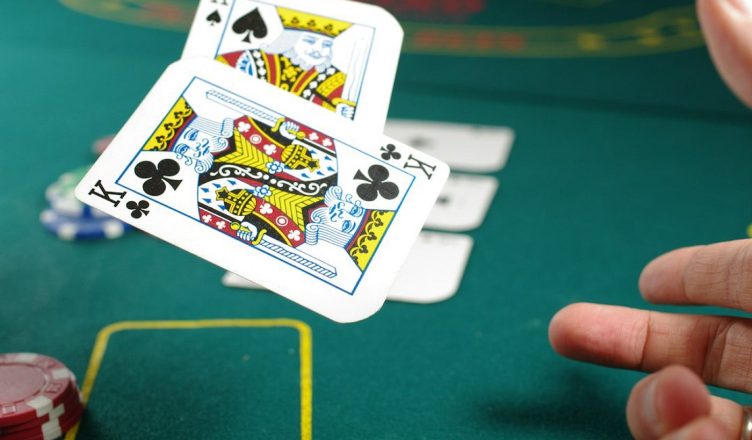For, you see, poker is not just about cards and chips. It’s a nuanced dance of strategy, psychology and decision-making that comes from decades of time spent at the felt tables. In fact, poker can teach you a lot more about business – and life – than you care to think.
But the most important skill to master in order to win at poker is a sound grasp of probability theory. For good play entails calculating odds and judging risks, and integrating probability theory into the decision-making process can make or break a player at the table.
Observe and Learn from Experienced Players
Poker is a card game but, more than that, it’s a social dance of strategy, psychology and decision-making in which honed skills at a felt table can translate instantly to real-world situations, from business planning to weathering a crisis. In fact, watching other players is a great way to build the skill sets – reading other people’s tells, pinpointing their betting patterns and estimating frequencies and EV when the pressure is on. Every second counts in the battle of wits. Your best strategy is flexibility, learning how to adjust depending on the dynamics of the given table, and, most importantly, to study your hands – calculate pot odds and equity for them to figure out which of your moves might be successful for this particular combination of cards.
Learn the Rules
If you want to become a good poker player, you need to learn all rules of the game and the poker hand rankings in advance. Then you will be able to have intuitive and strategic poker playing skills. First, study betting strategies and poker math. Second, focus on tells: minute signals that indicate whether a hand has vainly positively or negatively. Starting off, you should play the premium hands eg, pocket pairs and high valued suited connectors, while you are developing your skills, before you dive into the intricacies of the game via learning more about pot odds, and equity calculations and more advanced card-counting techniques that can enhance the win rate quite significantly. All these things will build up your chances of making right decisions at the table and maximising the win ratio.
Study the Variations
But poker is also a game of infinite variation, with any number of strategies to learn. If you understand the variations, you can adapt your strategy to almost any seated environment at the table. Think about how the starting hand in combination with position will dictate your play on the flop, turn and river. And if you are a beginner, start off with premium hands (pocket pairs, suited connectors), which will help you learn faster without sacrificing your bankroll. It is always a good idea to review your game and look for leaks in your strategy and suboptimal decision making, as well as have a clear picture of profitability to help you with your bankroll management after each set of manual practice.
Master the Different Positions at the Table
Being aware of your position at the table and how to tactically take advantage of it is the key to success: beating people’s natural tendencies in middle position, bullying and overwhelm with aggression from late position, and dominating as the dealer button (sitting on your left) are all examples. Poor reads by beginners can lead to calling stations when a raise would be the best option, and timidly limping in when we might want to raise. Meanwhile, studying an opponent’s big picture goes a long way in helping a beginner to quickly detect leaks and prey on mistakes; using these tactics will raise a beginning player beyond beginner-level mechanics and allow her to avoid rookie errors such as overvaluing bottom pairs or trying to draw out on a straight.
Develop Emotional Control
Poker is a game that demands skilled knowledge of its structure and psychology. You need to achieve emotional control because, although you need to be aware of how your opponent might influence you, you also avoid the worst mistakes, and stay attentive to variance (that you can lose an extended period of times, even if you are an accomplished player). Indeed, another important part of the game revolves around analysing the ‘tells’ and ‘betting patterns’ of your opponent, reading plays and hints hidden in slight gestures and body language that disclose what your opponent wants to do. More importantly, a pre-game ritual, and also utilising deep breathing to keep one’s cool in high-pressure situations, can be helpful. Further, having realistic expectations and being surrounded by good people can also assist in keeping one’s emotions in check and able to keep darkness at bay.

